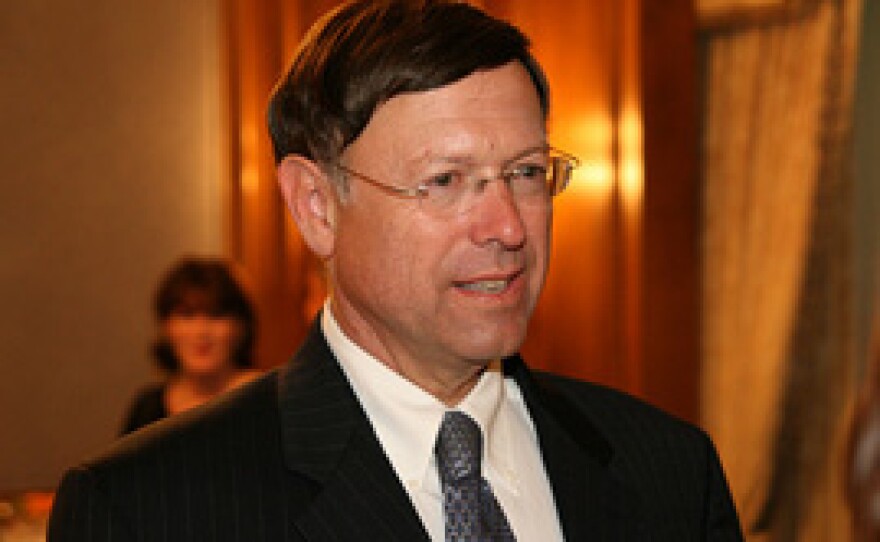San Diego leaders are up against a deadline. Once California’s Secretary of State certifies the passage of Proposition B in mid July or August, the city won’t be able to hire any new employees until it has a defined contribution plan, such as a 401(k), in place.
City labor unions must sign off on a deal involving their members. But the unions have already filed several lawsuits against Proposition B and lengthy legal battles could delay new hiring. City Attorney Jan Goldsmith said that’s not in anyone’s interest.
“The city has some 9,000 employees. People leave. We do want to replace them,” he said. “We need people in order to provide services to the public.”
Goldsmith said Proposition B is legal and his office will defend it. The measure would provide most new city hires with a 401(k) instead of a pension. It also seeks to implement a five-year pay freeze on current employees. He would like to consolidate all five of the cases currently pending against Proposition B and has petitioned an Appeals Court to combine the cases.
Goldsmith has also sent letters to the affected unions asking them to negotiate with the city on creating a defined contribution retirement plan. If the city and the unions cannot agree on a plan, Goldsmith said there's an impasse process the city can follow. That could include imposing a plan on the union. He said the other elements of Proposition B, including a possible five-year pay freeze for current employees, can be decided in next year's labor contract.
Councilmembers Tony Young and Kevin Faulconer joined Goldsmith in announcing his implementation plan. Councilmember Carl DeMaio, who spearheaded the passage of Proposition B and is running for mayor, was not at the news conference. Goldsmith said he doesn’t want to turn the implementation of Proposition B into a political event. However, members of the conservative Lincoln Club and the San Diego Taxpayers Association were present at the press conference and the Taxpayers Association president, Lani Lutar, addressed the media. Both groups were active proponents of the measure.
Young, a Democrat, was not active in the campaign for or against Proposition B. But he said the measure cannot follow the same path as managed competition, which took four years to implement after voters approved it in 2006.
“Since I’ve taken office as council president it’s been my policy that we implement the public’s will,” Young said.
But union representatives maintain the measure is illegal and that a court will likely have the final say on the measure. Michael Zucchet, the general manager of the San Diego Municipal Employees Association, which opposed the measure, said on KPBS’ Evening Edition the city's determination that the measure is legal is "news to us."
"Up until yesterday they were saying it wasn't their initiative and made no legal determination about the initiative," he said. "Apparently, something changed overnight."
Zucchet's white collar union is already in litigation with the city of San Diego over the measure.
Of the five cases are pending over Proposition B, four are in front of the Public Employees Relations Board, or PERB, Goldsmith said. PERB is suing the city of San Diego on behalf of the white-collar union.
SDMEA first filed a complaint with PERB in February, contending the ballot initiative should be disqualified because city leaders engaged in unfair labor practices. A judge refused to issue a temporary restraining order that could have kept the measure off the June ballot.






